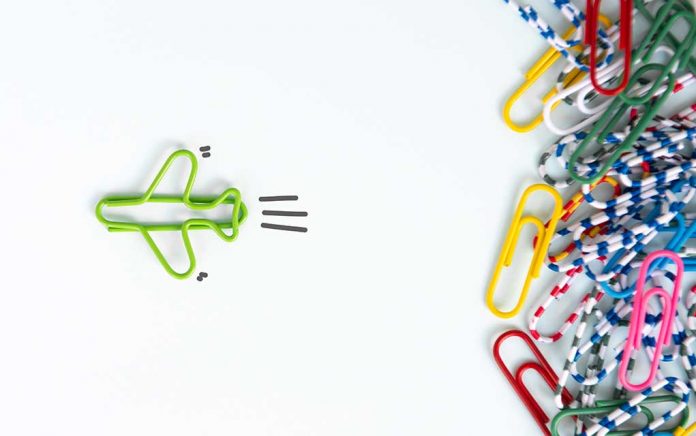
Whether you’re a born go-getter or need an extra nudge to speak your mind, you’re capable of reaching your college goals. But understanding your personality type’s strengths and areas for improvement might help you get from start to finish that much faster.
Everyone reaches their goals in a different way. Think about how you get your energy, collect information, make decisions and prefer to structure your life, and use that information to make a plan. Use this guide, based on the famous Myers-Briggs test, to jump-start your process.
Match Your Goals to Your Mindset With the Advice Below!
The Myers-Briggs Personality Test
The Myers-Briggs test is a popular way to determine your personality type based on which situations make you feel energized, how you gather information, how you make decisions and how much structure you like to have in your life. This quick test asks you to consider your preferences to answer questions, then gives you a four-letter personality type and explanation of strengths, weaknesses and what makes you tick. College is nothing if not a place to figure out things about yourself.
Extroverted vs. Introverted
Extroverts love being in social settings, while introverts would prefer to recharge with some quiet time. Stereotypically, introverts may not want to speak up in class, while the extroverts have hands in the air before the question is finished. But most people exist on a spectrum, not in a stereotype. Goals may feel personal to an introvert and an extrovert may think that the more help, the better.
If you’re an extrovert, you might want to set goals by talking through your plans with a friend before settling on a solution. Be sure to listen to any feedback you get about your goal instead of talking over people, though.
If you’re more introverted, your goal-setting process will be a quieter and more personal event. Give yourself plenty of time to think and reflect on your ideas, and know that you might have to change your goals later if you feel the need to do a deeper analysis. It might behoove you to get some feedback, too.
Sensing vs. Feeling
Some people collect information based on what they can see, while others prefer to go with their gut. If you’re what the Myers-Briggs test calls a sensing type, you might prefer goals that are measurable and that you can see or touch. Once you understand what you want to accomplish, break it down into small pieces that will give you a sense of satisfaction once complete.
More intuitive people prefer big, inspirational goals. What’s that saying? Shoot for the moon, you just might land among the stars? Something like that. The details may be boring, but be sure to schedule some time for dealing with practicalities to ensure you actually meet your goal.
Thinking vs. Feeling
When planning classes, this is good to know about yourself: Are you a thinker or a feeler? Obviously, we’re all some of both, but here your preference lies may help you to choose classes, majors, and set those goals.
Do you lead with your head or your heart? Objective thinkers are ready to solve a problem using the best method they can devise. They want to know the who, what, when, where and why of everything, so if that sounds like you, allow plenty of time to think through every possible scenario before making a plan.
More subjective “feelers” want to know that something good will come of their goals. They put people first, not the problem to be solved, and truly want the best for everyone. While that’s an admirable trait, don’t forget about yourself in your process. This goal should be for your benefit too.
Judging vs. Perceiving
Goal-setting comes naturally for those called judges in the Meyers-Briggs test. They crave structure. They want everything to be defined and in its assigned box. Creating a detailed, step-by-step plan can be a great way to work with your personality type in classes, and through goals to help you get that degree — just be sure to have a backup plan if something outside your control wrecks the original.
More spontaneous souls, the perceiving types, tend to take a flexible, curious approach to their goals. They can easily reevaluate their plans, make changes, and continue on their journey. As a spontaneous person, it’s important to set deadlines and make commitments, but take the time to explore and consider all of your options along the way.
If you want to take a deeper dive into your personality type and how you can use it to crush your goals, you can take a free Myers-Briggs assessment here. Now that you know how you operate, you can create college goals (and plans for reaching them) that are tailor-made to who you are and who you want to be.


















